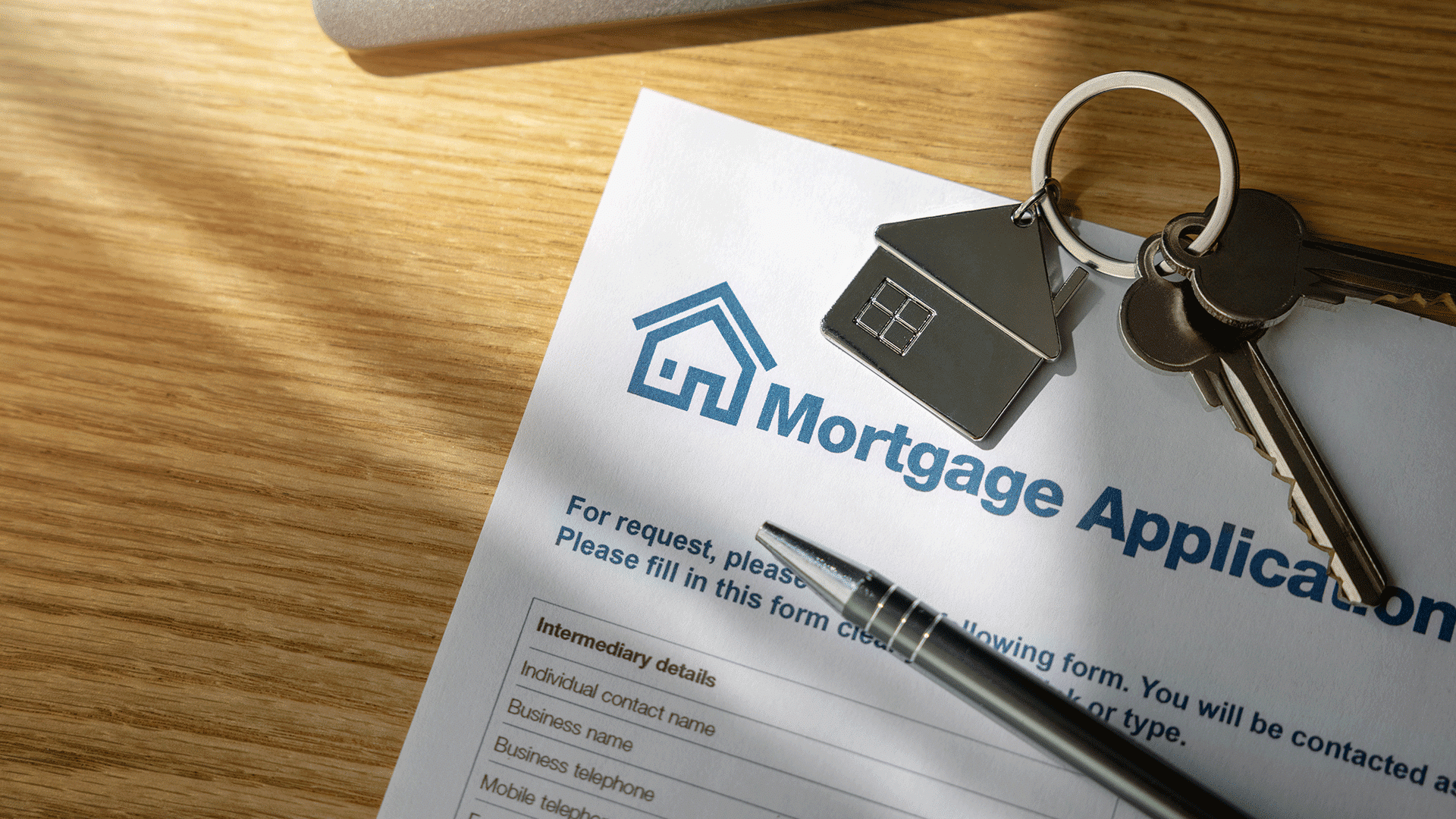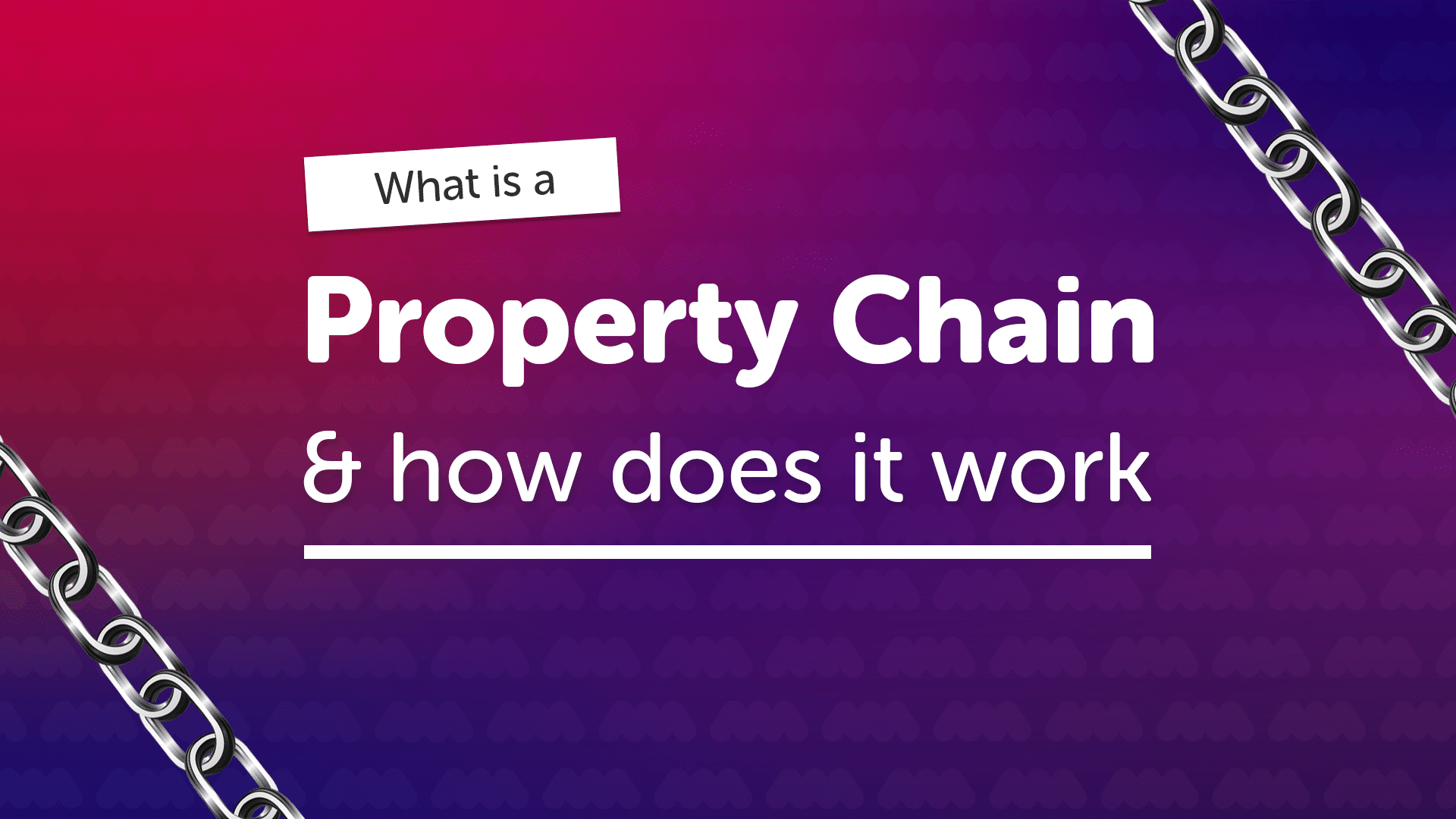Purchasing a property is a significant milestone, and buying with a friend or partner can make the process more manageable and financially feasible.
However, entering a joint mortgage agreement requires careful consideration and understanding of the legal and financial implications.
This guide will explore the key aspects of buying a property with a friend or partner in Cambridge, ensuring you’re well-informed before making this important decision.
How many people can jointly own a property in Cambridge?
In the UK, up to four people can jointly own a property. This arrangement allows friends, partners, or family members to combine their financial resources, making it easier to secure a mortgage and afford a home.
Joint ownership can also provide more borrowing power and increase the likelihood of mortgage approval. However, it’s crucial to understand the responsibilities and legalities involved, as each co-owner will have a shared interest in the property.
Joint tenancy or tenancy in common?
When buying a property with someone else, you must decide between joint tenancy and tenancy in common. Joint tenancy means that all owners have equal shares and rights to the entire property. In the event of one owner’s death, their share automatically passes to the surviving co-owners.
Tenancy in common, on the other hand, allows co-owners to have different shares in the property. This option is often preferred by friends or business partners as it offers more flexibility. Each owner’s share can be sold, mortgaged, or bequeathed independently.
For a first time buyer in Cambridge, choosing the right ownership structure is essential, so it’s advisable to seek legal advice to understand which arrangement suits your situation best.
What happens if one party stops making mortgage payments?
If one party stops making mortgage payments, it can create financial strain and potentially lead to serious consequences for all owners.
The mortgage lender will hold all parties jointly responsible for the debt. This means that if one person fails to pay, the others must cover the shortfall to avoid default.
It’s essential to have a clear agreement in place outlining each party’s financial responsibilities and to communicate openly to manage any financial difficulties that arise.
How do I remove my ex-partner from my mortgage in Cambridge?
Removing an ex-partner from a mortgage can be complex and typically requires refinancing the loan.
The remaining owners must demonstrate to the lender that they can afford the mortgage payments on their own. The process involves:
- Assessing Affordability: The lender will evaluate your financial situation to ensure you can take on the full mortgage.
- Applying for Refinancing: You’ll need to apply for a new mortgage in your name alone.
- Legal Changes: Updating the property’s title deeds to reflect the change in ownership.
It is wise to seek mortgage advice in Cambridge during this process to ensure all legal requirements are met.
How do I remove my name from my ex-partner’s mortgage in Cambridge?
If you wish to remove your name from a joint mortgage, similar steps are required:
- Discussing Options: Have an open discussion with your ex-partner to reach an agreement.
- Refinancing or Selling: The remaining owner must refinance the mortgage in their name, or you may decide to sell the property.
- Legal and Financial Implications: Consider any financial settlements and legal changes to the property deeds.
Professional guidance from mortgage advisors in Cambridge and solicitors can provide clarity and support during this transition.
Planning to buy with a friend or partner in Cambridge?
Buying a property with a friend or partner in Cambridge can be an exciting venture, offering both financial benefits and a shared investment.
For a first time buyer in Cambridge, understanding the different ownership structures, financial responsibilities, and steps to take if circumstances change is crucial.
By being well-informed and seeking professional mortgage advice in Cambridge, you can navigate the complexities of joint property ownership and make a decision that suits your long-term goals.
Date Last Edited: May 7, 2025














